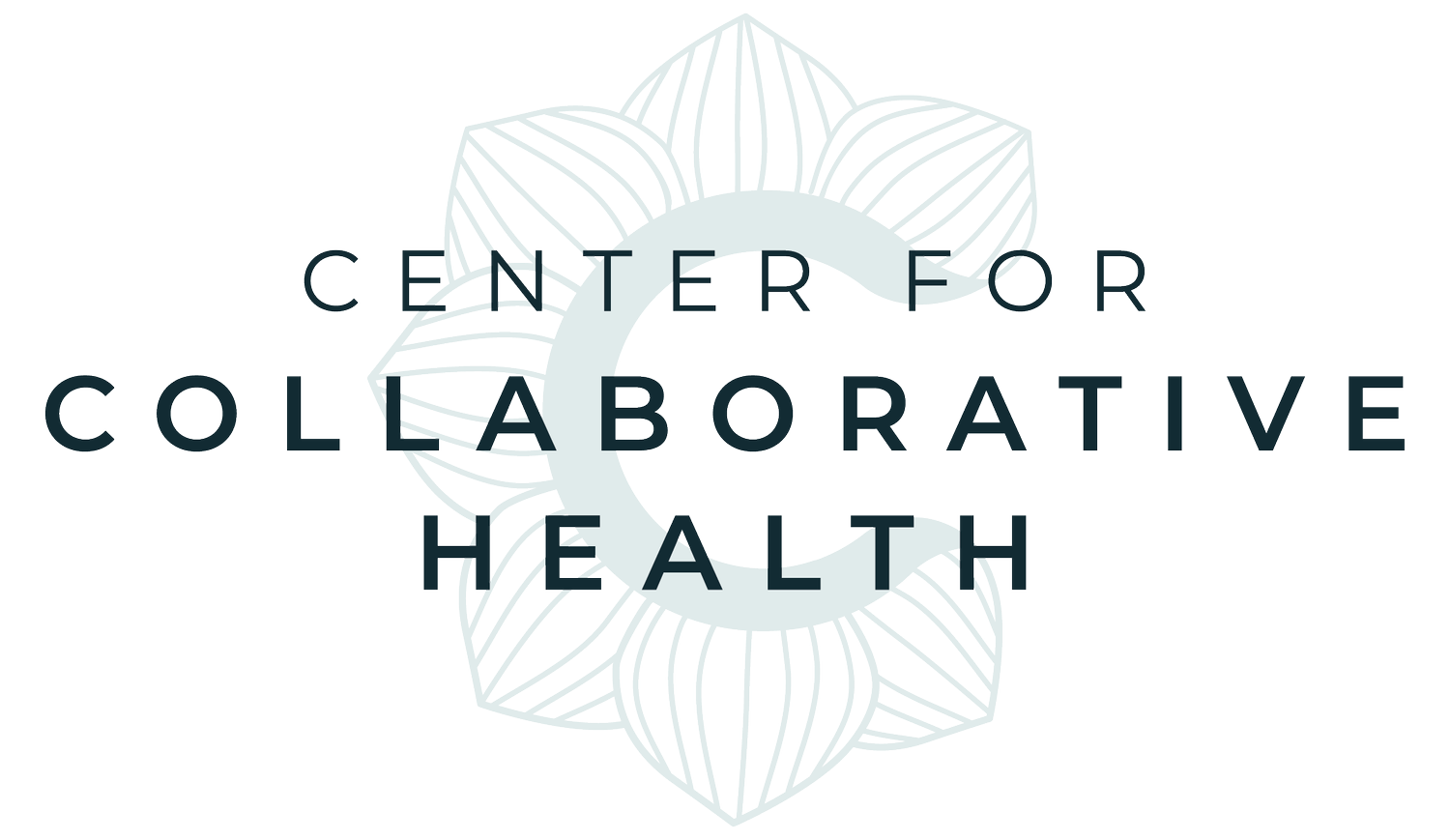Between the Sheets
Commonly provided advice regarding sleep has often missed the boat on the most up-to-date research regarding how our brains and bodies truly work related to sleep. While there is nothing inherently wrong with advice such as “go to bed earlier” or “get 8 hours per night,” the MOST important tips regarding to get better sleep may surprise you.
We need to honor our body’s needs and natural circadian rhythm.
Research has uncovered that a variety of bodily functions occur within our bodies that take about 24-hours to complete. Digestion, body temperature, coordination, reaction time, strength and guess what — SLEEP are all naturally occurring bodily processes that occur in a 24-hour cycle. When functioning at its best, our bodies have a rhythm that requires very little conscious effort to sustain. Our bodies like routine. If you are having trouble sleeping the first question to ask is “does how I live my life honor what my body naturally needs?”
The amount of time you spend awake is just as important as the amount of time you spend sleeping.
Based on the knowledge of circadian rhythm we need to shift our focus away from trying to make up for last night’s sleep and think about how to set ourselves up for a better night’s sleep tonight! Your body needs a certain number of awake hours to be prepared to sleep that night. If you sleep in on the weekends or take a nap because you stayed up too late the night before you aren’t making up for anything, you are stealing sleep from tonight.
Wake up at the same time every morning, regardless of the time you went to bed.
This is the least popular piece of advice regarding sleep. If sleep is challenging and you’d like to get into a better routine, the focus needs to be on your wake time. That means not altering your wake time by more than 60-minutes in either direction any night of the week. And yes, this means you probably shouldn’t be chilling in bed until 10a on a Saturday morning. Lost sleep is gone forever and our desire to “make up for it” is robbing us of good sleep in the future.
The best thing to do after a bad night’s sleep is NOTHING DIFFERENT
If you had a rough night, maybe tossed and turned or maybe stayed out with friends too late, you really should still try to get up at your regular wake-up time. Even if that means you get fewer hours of sleep that night. Yes, you’ll be tired, but you’ll have a good night sleep to look forward to later that night.
So what do I do when I can’t fall asleep at night?
1.Stop trying: If you ask an easy sleeper what they do to make themselves fall asleep they typically say “nothing, I just fall asleep.” We need to use this idea rather than assume it doesn’t apply to those with difficulty sleeping. Accept that you aren’t sleeping and be “passively awake.” You aren’t trying to sleep, but you aren’t trying to be awake either. This is an idea somewhat unique to Cognitive Behavioral Treatment for insomnia;[1] which encourages people to simply be ok with not being able to sleep rather than trying to make themselves sleep.
2. Don’t have a clock in your room: Set the alarm on your phone or on your clock, but then put it away. It doesn’t help you to know what time it is when you are not able to sleep. It only increases your anxiety about not being able to sleep. You’ll wake up when the alarm goes off.
3. Limit activity in your bed to sleep and sex: If sleep is difficult for you, it may be because your brain does not relate your bed to sleep. You get into bed and instead of thinking “sleep time” your brain thinks “TV time” or “snack time.” Sleep and sex only.
4. If you can’t sleep after a while, get out of bed: Read a book in a chair next to your bed, stretch on the floor, or meditate. You want your bed to mean sleep, not lay awake and stress about not being able to sleep. Do something out of your bed and then get back into bed and allow more time for your body to do what you want it to do.
If you’d like to learn more about how to improve your sleep or your child’s sleep email us to make an appointment.
[1] Perlis, M., Aloia, M., Millikan, A., Boehmler, J., Smith, M., Greenblatt D. & Giles, D. (1999). Behavioral treatment for insomnia: A clinical case series study. Journal of Behavioral Medicine, 23(2), 149-161
Perlis, M.L., Sharpe, M., Smith, M.T., Greenblatt, D. & Giles, D. (2001). Behavioral treatment for insomnia: Treatment outcome and the relevance of medical and psychiatric morbidity. Journal of Behavioral Medicine, 24(3), 281-296.

